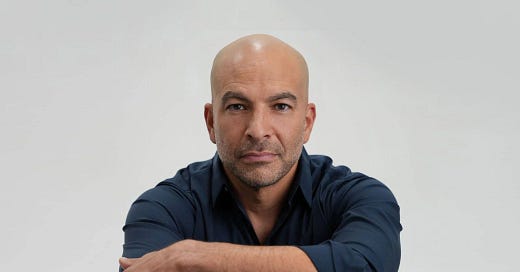The last decade has seen the field of longevity medicine explode in popularity. If you have any interest in it, you will already be familiar with Peter’s work. Founding clinics, running blogs, managing consulting firms, and making public speaking appearances - he’s spent the last decade at the forefront. In 2022, he appeared alongside Chris Hemsworth in Darren Aronofsky’s critically acclaimed Disney+ series Limitless to share his expertise. The next year, he co-authored Outlive: The Science & Art Of Longevity with Bill Gifford, a “runaway bestseller” (The New York Times) that broke down the habits of those who live long and well, dissecting the “outdated framework” of modern medicine and the diseases it has so far failed to combat. Selling 2 million copies in under 2 years, TIME named him one of the most influential health figures in the world. Today, he hosts the wildly successful Peter Attia Drive podcast, interviewing experts in medicine, metabolic health, and longevity each week.
So why did we invite him on?
With interest in longevity and ageing science at an all-time high, we wanted to find out what’s happening at its cutting edge. Peter is not only a leading researcher, but a leading voice, and we couldn’t wait to hear what he’d share with us.
What did we learn?
Peter divides the history of medicine. into three distinct eras: 1.0, 2.0, and 3.0. We find ourselves at the tail end of 2.0, an era defined by ‘reactive’ treatment - waiting for the trauma before reaching for the remedy. It’s served us well - it’s the strategy that has doubled our life expectancies and kneecapped child mortality in the last century.
But it’s not sufficient. Fundamentally, it doesn’t (and cannot) help with all illnesses - least of all the ones likely to kill us.





